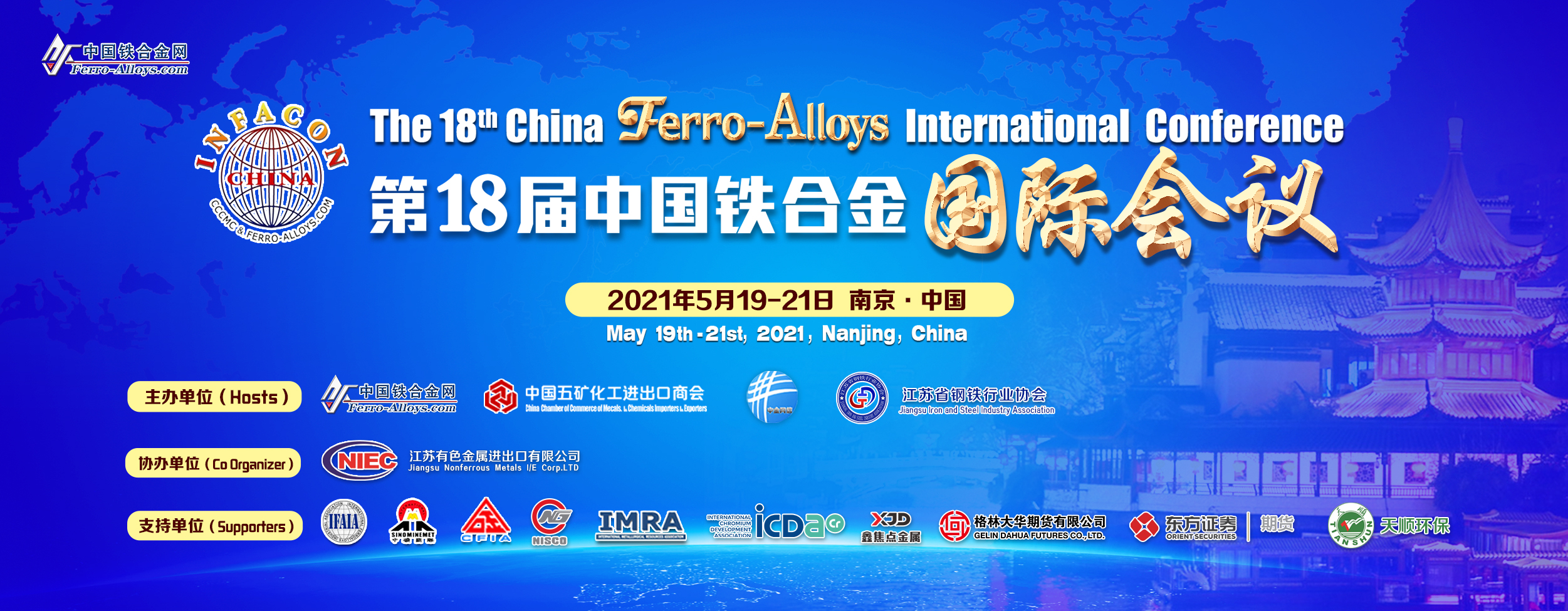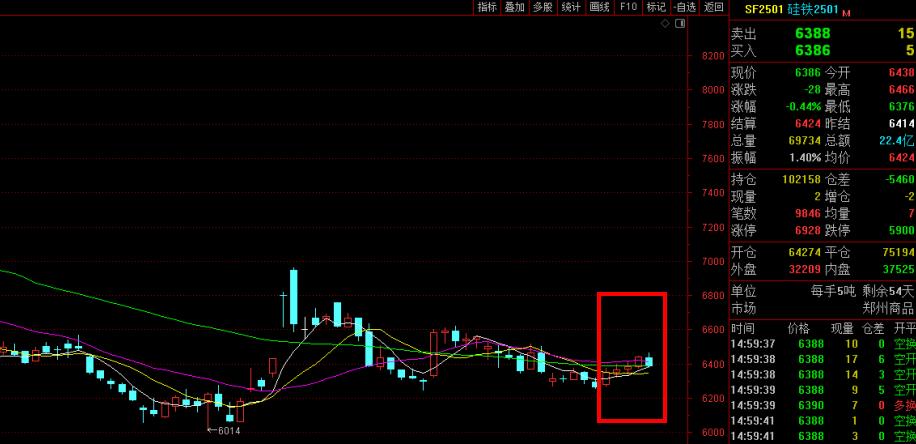
Growing impetus for decarbonizing efforts in China and the rest of the world will spawn new technologies that will change the ways of production, instead of just cutting carbon-intensive production and stoking inflation, a senior executive of a leading global financial institution said.
" (Decarbonization) doesn't mean that we are going to stop producing certain things. It will be producing in different ways," Leslie Maasdorp, vice-president of the Shanghai-based New Development Bank, told China Daily. The NDB is a multilateral development bank established by the BRICS economies: Brazil, Russia, India, China and South Africa.
Maasdorp's words came amid concerns among some experts that decarbonization could lead to losses in steel supplies and other carbon-heavy industries and thus exert inflationary pressure.
Amid decarbonization efforts, new technologies are expected to emerge and form new business models and production processes that are less carbon-intensive, he said.
"One should not be concerned about the potential loss of production in steel and some carbon-intensive industries because of decarbonization. I believe in technology. Over hundreds of years, technology is the lever that provides the window into the future," he said.
The world's course toward a less carbon-intensive economy has been on a fast track after the US administration announced the target of an about 50 percent reduction from 2005 levels in net greenhouse gas pollution by 2030, while China is striving to peak carbon emissions by 2030 and achieve carbon neutrality by 2060.
The NDB is focused to help member economies, including China, toward carbon neutrality and facilitate related revolutions in business models, Maasdorp said, though the imperative priority now remains helping the economies out of the public health crisis and economic impact caused by COVID-19.
In this regard, the bank has allocated five member countries all of the $10 billion worth of emergency assistance facility that it set up last year, and has recently provided new loans to South Africa and Brazil, he said.
The NDB vice-president made the remarks on Sunday on the sidelines of the establishment ceremony of Xiamen Torch University, located in Xiamen, Fujian province. The university is aimed at promoting innovation and industrial upgrade by closely combining education and research with actual needs of companies located in the Xiamen Torch Development Zone for High Technology Industries.
The NDB is ready to boost skill development to strengthen industrial capacity in BRICS countries, including facilitating the Torch development zone's talent enhancement initiatives like setting up Xiamen Torch University, Maasdorp said.
He said the university has the potential to not only lift the industrial capability of Xiamen, but spur economic development in other parts of China and even other BRICS economies. Its experience in nurturing talent and promoting innovation could provide strategies that can be replicated elsewhere, and training materials used here can be shared with other regions in a virtual format.
China's economic prospects have seen a "massive turnaround" from the COVID-19 dip, but macro policy support is still necessary for sustaining the rebound, Maasdorp said.
"There are still too many uncertainties in the immediate future." The worsening pandemic situation in India, for instance, may reverberate across neighboring economies, while the uneven global economic recovery might cloud the external demand of China, he said.
China's GDP posted the fastest expansion on record of 18.3 percent year-on-year in the first quarter of the year, yet the economy has not fully normalized, with the services sector, manufacturing investment and consumption lagging behind, according to the National Bureau of Statistics.
To promote a shared, sustainable economic recovery, Maasdorp said that China and other BRICS economies should strengthen collaboration in vaccination, or share ideas, technologies and resources to ensure fast vaccination among the population, and deepen economic partnership in investment and trade.
China's economic rebound has contributed to the global economy "in a major way" given its sheer size, but will contribute significantly more once cross-border people movement further normalizes amid a more stabilized pandemic situation, he said.
Source: China Daily
Copyright © 2013 Ferro-Alloys.Com. All Rights Reserved. Without permission, any unit and individual shall not copy or reprint!
- [Editor:kangmingfei]



 Save
Save Print
Print Daily News
Daily News Research
Research Magazine
Magazine Company Database
Company Database Customized Database
Customized Database Conferences
Conferences Advertisement
Advertisement Trade
Trade

















Tell Us What You Think